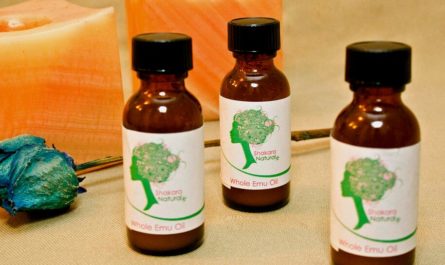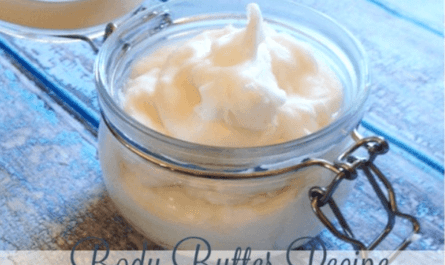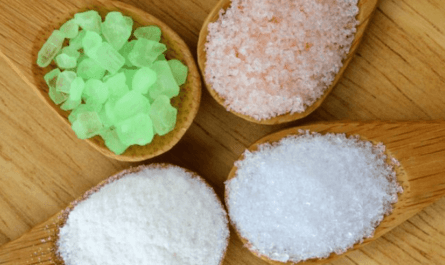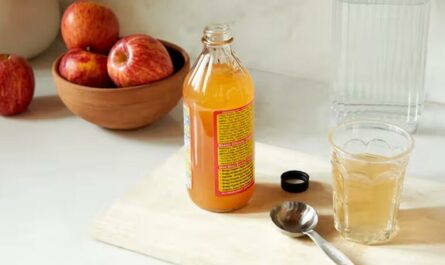Are you looking for a simple, inexpensive way to improve your health? Look no further than sodium bicarbonate. It is also known as baking soda. From aiding digestion to fighting cancer, the benefits of drinking sodium bicarbonate are numerous and backed by scientific research. In this article, we’ll explore 28 amazing benefits of drinking baking soda, and how to incorporate it into your routine safely.
What is Sodium Bicarbonate?
Before we explore the benefits, let’s quickly cover what sodium bicarbonate is. It’s a white, crystalline compound with the chemical formula NaHCO3. When combined with an acid, it produces carbon dioxide gas. This can make baked goods rise and fizzy drinks bubbly.
But beyond its culinary uses, sodium bicarbonate has a long history of medicinal applications, dating back to ancient Egypt. Its alkalizing properties make it a popular natural remedy for a variety of ailments.
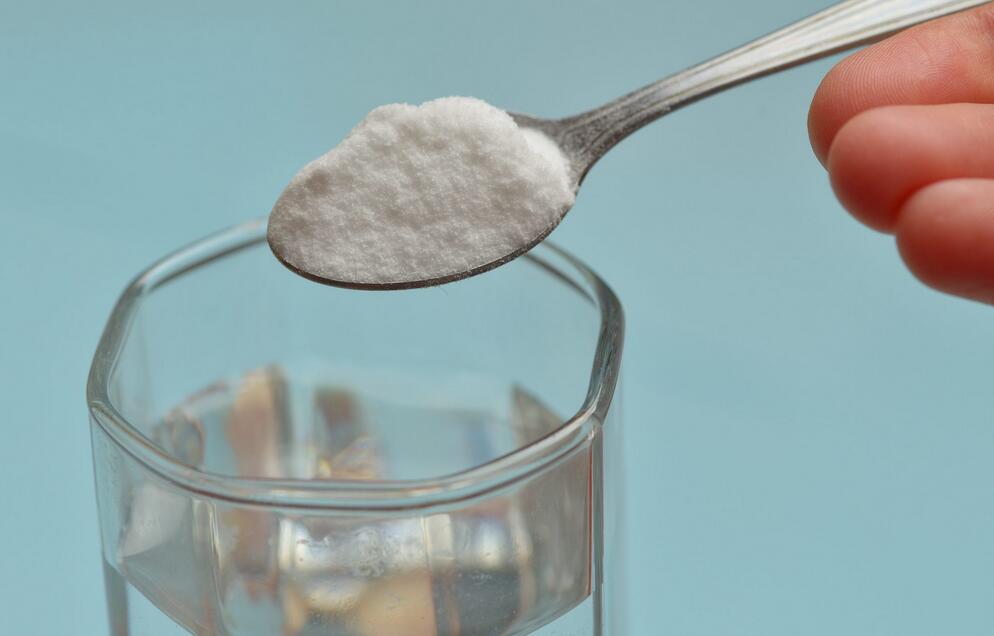
Sodium Bicarbonate Drink: Benefits, Dangers, and More
Now, let’s dive into the potential health benefits of adding a little baking soda to your daily routine:
1. Heartburn and Acid Reflux Relief
If you’ve ever experienced the burning discomfort of acid reflux or heartburn, you know how unpleasant it can be. Baking soda can help neutralize stomach acid and provide fast relief from these symptoms.
Just mix a teaspoon of baking soda with a glass of water and drink it slowly. The alkaline nature of sodium bicarbonate helps balance the pH levels in your stomach, reducing the amount of acid that can back up into your esophagus.
2. Improved Exercise Performance
For athletes and fitness enthusiasts, baking soda may be a game-changer. Several studies have shown that sodium bicarbonate supplementation can enhance athletic performance, particularly in high-intensity exercises like sprinting and cycling.
How does it work? Baking soda helps buffer lactic acid buildup in your muscles, delaying the onset of fatigue and allowing you to push harder for longer. Many professional and elite athletes use it as a legal performance-enhancing supplement.
3. Kidney Stone Prevention
Kidney stones are no joke – anyone who’s experienced them can attest to the excruciating pain they can cause. Baking soda may help prevent these pesky stones from forming by making your urine less acidic.
When your urine is more alkaline, it’s less likely for certain compounds to crystallize and form stones. Just be sure to stay hydrated if you’re increasing your baking soda intake, as proper hydration is key for kidney health.
4. Urinary Tract Infection (UTI) Relief
UTIs are a common and uncomfortable problem, especially for women. Baking soda can help create an alkaline environment in your urinary tract, making it less hospitable for the bacteria that cause these infections.
While baking soda shouldn’t be used as a sole treatment for UTIs, it can provide some relief and support when combined with proper medical care.
5. Anti-Inflammatory Properties
Inflammation is at the root of many chronic health conditions, from arthritis to heart disease. Baking soda has been shown to have anti-inflammatory properties, which may help reduce inflammation in the body.
By neutralizing acids and balancing pH levels, sodium bicarbonate can help calm inflammation and alleviate symptoms associated with inflammatory conditions.
6. Dental Health Support
Who knew baking soda could be a secret weapon for a brighter, healthier smile? This humble powder has been used as a natural tooth whitener and breath freshener for centuries.
Baking soda can help remove plaque and neutralize acids that can erode tooth enamel, promoting overall dental health. Just be sure to use it gently and avoid over-brushing, as it can be abrasive.

7. Skin Condition Relief
From insect bites to eczema, baking soda can provide soothing relief for a variety of skin conditions. Its alkalizing and anti-inflammatory properties can help calm irritation, itching, and redness.
You can make a simple baking soda paste by mixing it with water and applying it directly to affected areas. Just be sure to do a patch test first to ensure you don’t have any adverse reactions.
8. Body Detoxification Support
In our modern world, we’re constantly exposed to toxins and pollutants, which can take a toll on our bodies. Baking soda may help support the body’s natural detoxification processes by making the blood and urine more alkaline.
This can help flush out excess acids and toxins, promoting overall health and well-being. Just be sure to stay hydrated and consult with a healthcare professional before starting any detox regimen.
9. Blood Sugar Regulation
For those with diabetes or at risk of developing the condition, baking soda may offer some promising benefits. Some research suggests that sodium bicarbonate may help improve insulin sensitivity and regulate blood sugar levels.
While more research is needed in this area, it’s an intriguing potential application for this humble household item.
10. Bone Health Support
As we age, maintaining strong, healthy bones becomes increasingly important. Baking soda may help prevent the leaching of calcium from bones by neutralizing acids in the body.
This can potentially reduce the risk of osteoporosis and other bone-related conditions, making baking soda a simple and inexpensive addition to a bone-healthy lifestyle.
11. Respiratory Relief
If you suffer from respiratory issues like bronchitis or asthma, baking soda may provide some relief. Its alkalizing properties can help thin mucus and reduce inflammation in the airways, making breathing easier.
Just be sure to consult with your healthcare provider before trying this remedy, especially if you have a chronic respiratory condition.
12. Digestive Health Support
From heartburn to irritable bowel syndrome (IBS), baking soda can be a helpful ally for digestive health. Its ability to neutralize stomach acid and promote a healthy pH balance in the gut can alleviate a variety of digestive issues.
However, it’s important to use baking soda in moderation and under the guidance of a healthcare professional, as excessive consumption can disrupt the delicate balance of your digestive system.
13. Nutrient Absorption Enhancement
Did you know that baking soda may help your body better absorb certain essential nutrients, like vitamin D and calcium? Its alkalizing effect can create an environment that’s more conducive to nutrient absorption.
This can be particularly beneficial for individuals with conditions that affect nutrient absorption or for those looking to optimize their overall nutrient intake.

14. Muscle Soreness Relief
After an intense workout, muscle soreness can be a real pain (literally!). Baking soda may help reduce muscle soreness and improve recovery by buffering lactic acid buildup and reducing inflammation.
While more research is needed in this area, many athletes swear by baking soda as a natural way to bounce back faster after grueling training sessions.
15. Cardiovascular Health Support
Inflammation and oxidative stress can take a toll on your heart health. Baking soda’s anti-inflammatory and alkalizing properties may help support cardiovascular health by reducing these harmful factors.
Some studies have also suggested that sodium bicarbonate may help lower blood pressure in certain individuals.
16. Energy Boost
Feeling sluggish and fatigued? Baking soda may help give you a natural energy boost by neutralizing acids in the body and improving nutrient absorption.
When your body is in a more alkaline state and able to better utilize essential nutrients, you may experience increased energy levels and reduced fatigue.
17. Hangover Relief
If you’ve ever overindulged in alcoholic beverages, you know the misery of a hangover all too well. Baking soda may help alleviate some of the symptoms by neutralizing the excess acid produced during alcohol metabolism.
While it’s not a cure-all, a glass of water with baking soda can help settle your stomach and potentially reduce the severity of your hangover.

18. Radiation Protection
In the event of radiation exposure, baking soda may offer some protective benefits. Its alkalizing properties can help neutralize the acidic environment created by radiation, potentially reducing the risk of cellular damage.
While more research is needed in this area, baking soda is a simple and inexpensive option to have on hand in case of emergencies.
19. Cancer Treatment Support
While more research is needed, some studies have suggested that baking soda may have potential applications in cancer treatment. Its ability to create an alkaline environment in the body may help slow the growth and spread of certain types of cancer cells.
However, it’s important to note that baking soda should never be used as a sole treatment for cancer and should only be used under the guidance of a qualified healthcare professional.
20. Alzheimer’s Disease Prevention
Alzheimer’s disease is a devastating condition that affects millions of people worldwide. Some research has indicated that baking soda may help prevent the formation of certain proteins associated with the development of Alzheimer’s disease.
While more studies are needed to confirm these findings, baking soda’s potential neuroprotective properties are certainly intriguing.
21. Kidney Disease Management
For individuals with chronic kidney disease, baking soda may offer some relief. Its alkalizing properties can help neutralize excess acid buildup in the body, which can strain the kidneys and worsen the condition.
However, it’s important to consult with a healthcare professional before incorporating baking soda into your routine, as it may interact with certain medications or have other potential risks.
22. Gout Management
A gout is a painful form of arthritis caused by the buildup of uric acid crystals in the joints. Baking soda may help manage gout by making the body more alkaline, which can reduce the formation of these crystals.
While it shouldn’t be used as a sole treatment, baking soda can be a helpful complementary therapy for managing gout flare-ups and reducing the risk of future attacks.
23. Wound Healing
Baking soda has been used for centuries as a natural remedy for wound healing. Its alkalizing and antimicrobial properties can help create an environment that promotes healing and reduces the risk of infection.
You can make a simple baking soda paste by mixing it with water and applying it to minor cuts, scrapes, or burns. Just be sure to keep the area clean and seek medical attention for more serious wounds.

24. Insect Bite Relief
If you’ve ever been the victim of a pesky mosquito or other insect bite, you know how irritating and uncomfortable they can be. Baking soda can help soothe the itching and swelling associated with insect bites.
Simply make a paste with baking soda and water and apply it to the affected area. The alkalizing and anti-inflammatory properties of baking soda can provide relief and promote healing.
25. Foot Odor and Fungus Treatment
Baking soda is a natural deodorizer and antifungal agent, making it an effective treatment for foot odor and fungal infections like athlete’s foot.
You can sprinkle some baking soda into your shoes or socks to absorb odors, or make a paste with water and apply it to affected areas to help treat fungal infections.
26. Sunburn Relief
If you’ve spent a little too much time in the sun, baking soda can help soothe the pain and discomfort of sunburn. Its cooling and anti-inflammatory properties can provide relief and promote healing.
Simply add a few tablespoons of baking soda to a cool bath and soak for 15-20 minutes. You can also make a paste with baking soda and water and apply it directly to the affected areas.
27. Oral Hygiene Support
Baking soda has been used for centuries as a natural toothpaste and mouthwash. Its abrasive properties can help remove plaque and surface stains, while its alkalizing nature can help neutralize acids that can erode tooth enamel.
Just be sure to use baking soda gently and avoid over-brushing, as it can be abrasive and potentially damage your enamel if used too aggressively.
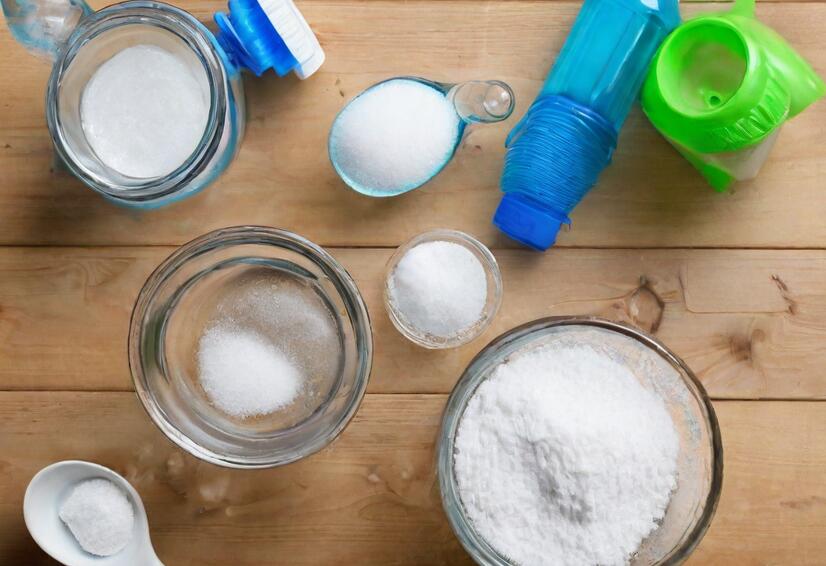
28. Household Cleaning
Last but not least, baking soda is a versatile and eco-friendly cleaning agent. Its abrasive and deodorizing properties make it an effective cleaner for everything from kitchen counters to bathroom tiles.
Simply sprinkle some baking soda onto a damp cloth or sponge and scrub away grime and odors. You can also make a paste with baking soda and water for tougher jobs.
How to Safely Drink Baking Soda?
Now that you know the potential benefits of drinking baking soda, you’re probably eager to give it a try. But before you start chugging it straight from the box, there are a few important guidelines to follow:
- Start slow: Begin with a small dose, like 1/4 teaspoon (1.25 grams) mixed in a glass of water, to assess your tolerance.
- Gradually increase: If you don’t experience any adverse effects, you can gradually increase your dose but don’t exceed 1/2 teaspoon (2.5 grams) per day.
- Dilute it: Never consume baking soda dry, as it can be harsh on your throat and esophagus. Always mix it with water or juice.
- Avoid an empty stomach: Drinking baking soda on an empty stomach can cause stomach upset, so it’s best to consume it with or after a meal.
- Consult your doctor: If you have any underlying medical conditions or are taking medications, be sure to consult with your healthcare provider before adding baking soda to your routine.
Potential Side Effects and Precautions
While baking soda is generally safe when consumed in moderation, it’s important to be aware of potential side effects, especially with excessive consumption:
- Gastrointestinal discomfort: Too much baking soda can lead to bloating, gas, and diarrhea.
- Electrolyte imbalance: Baking soda can affect your body’s electrolyte levels, particularly sodium and potassium, which can be problematic for individuals with kidney or heart conditions.
- Metabolic alkalosis: Consuming large amounts of baking soda can lead to metabolic alkalosis, a condition where your body becomes too alkaline, potentially causing nausea, vomiting, and muscle cramps.
- Medication interactions: Baking soda can interact with Here’s the continuation of the article:
Medication interactions: Baking soda can interact with certain medications, such as aspirin, diuretics, and antacids, potentially reducing their effectiveness or causing adverse effects.
As with any supplement or natural remedy, moderation is key. If you experience any adverse effects or have concerns, discontinue use and consult with your healthcare provider.

